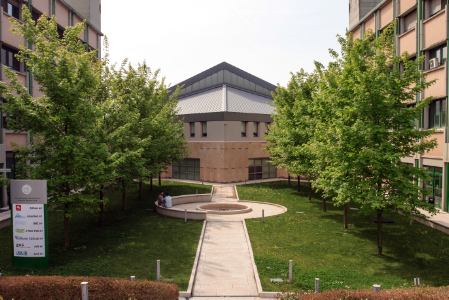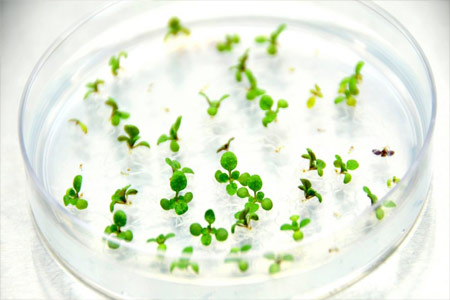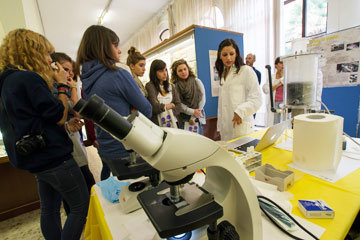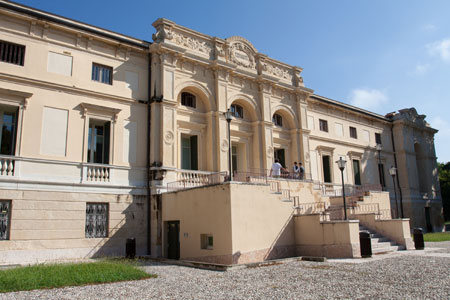Course partially running
- Course code
- 4S00307
-
Name of lecturer
-
Francesco Fatone
- Number of ECTS credits allocated
-
4
-
Other available courses
-
- Academic sector
-
ING-IND/25 - CHEMICAL PLANTS
- Language of instruction
- Italian
- Location
- VERONA
- Period
-
1° Sem dal Oct 1, 2008 al Feb 6, 2009.
To show the organization of the course that includes this module, follow this link  Course organization
Course organization
Lesson timetable
Learning outcomes
Further to the skills regarding the Biochemical Plants, the Bioreactors course gives the fundamentals and the kinetic tools for a quantitative approach to the bioprocess design and management. It takes into account the different bioreactors configurations usually adopted for the industrial productions and/or treatments. Moreover, elements of bioreactor engineering, such as mixing, aeration, monitoring and controls, will be deal with.
Syllabus
1. Basic elements of enzyme reaction kinetics
a. Michaelis-Menten Kinetics
b. Enzyme inhibition
c. Substrate inhibition
d. Effect of the temperatue
e. Heterogeneous reactions in bioprocessing and mass transfer phenomena
f. Cell growth kinetics
2. Types of bioreactors: modelling, design and management
a. Generalities about ideal chemical reactors
b. Ideal flow Complete-Mix Reactors (CSTR)
c. Role of diffusion in bioprocessing
d. CSTRs in series
e. Single CSTR with biomass recycle
f. Plug-flow reactors
g. Batch reactors
h. Fed-batch reactors
i. Stability operation for bioreactors
j. Elements of bioreactors engineering: construction materials, monitoring and control
3. Reactor mixing and aeration
a. Fundamentals
b. Mass and momentum transfer
c. Aeration without mechanical mixing and effect of: (a) operating conditions, (b) reactor geometry,(c) flux directions
d. Effect of mechanical mixing on mass transfer
Reference books
| Author |
Title |
Publisher |
Year |
ISBN |
Note |
| Pauline M. Doran |
Bioprocess Engineering Principles
|
Academic Press |
1995
|
0-12-220855-2 |
|
Assessment methods and criteria
The exam consists of one or two written parts, in case of midterm examination. In the written exams the student has both to solve quantitative problems and to answer to multiple choice questions regarding theoretical aspects. If necessary, also a final oral exam could be required.








